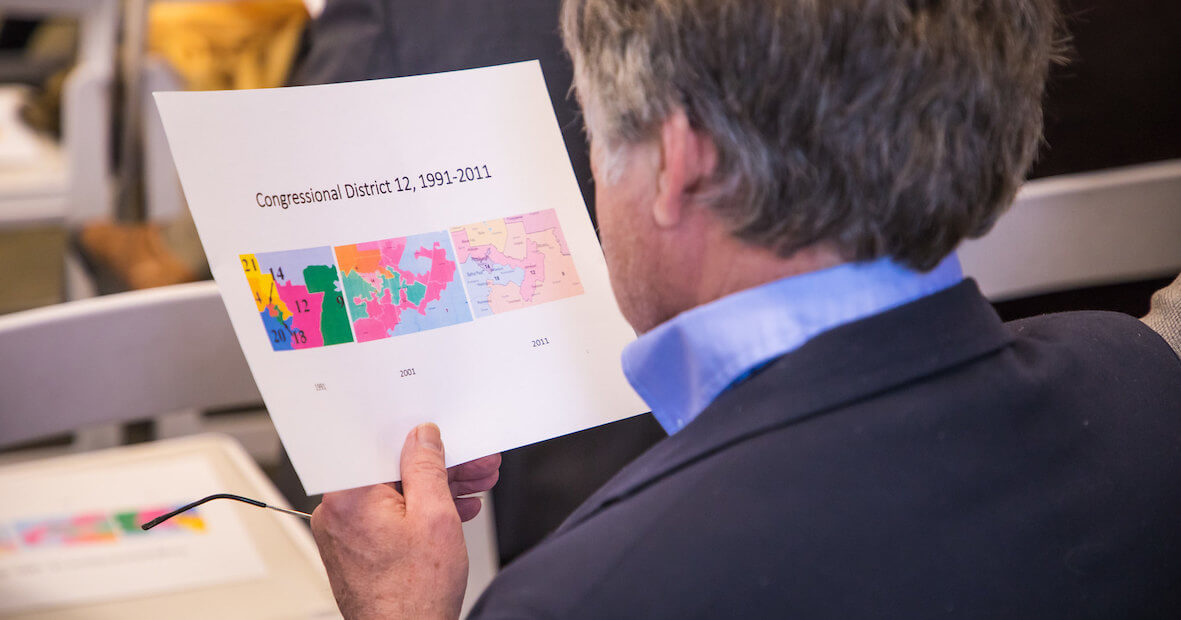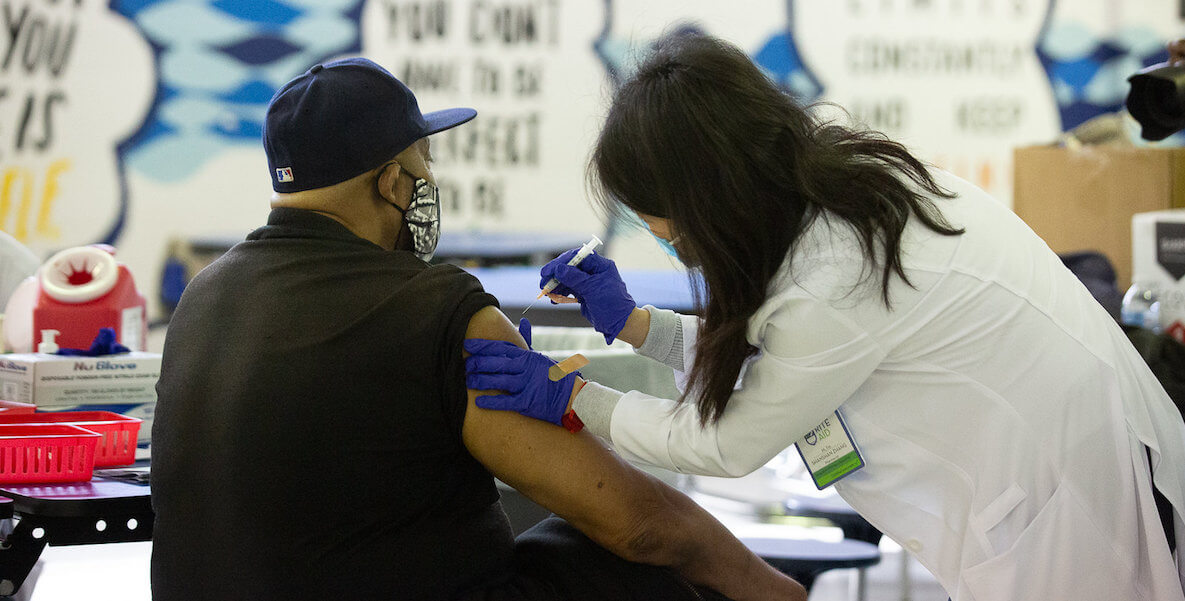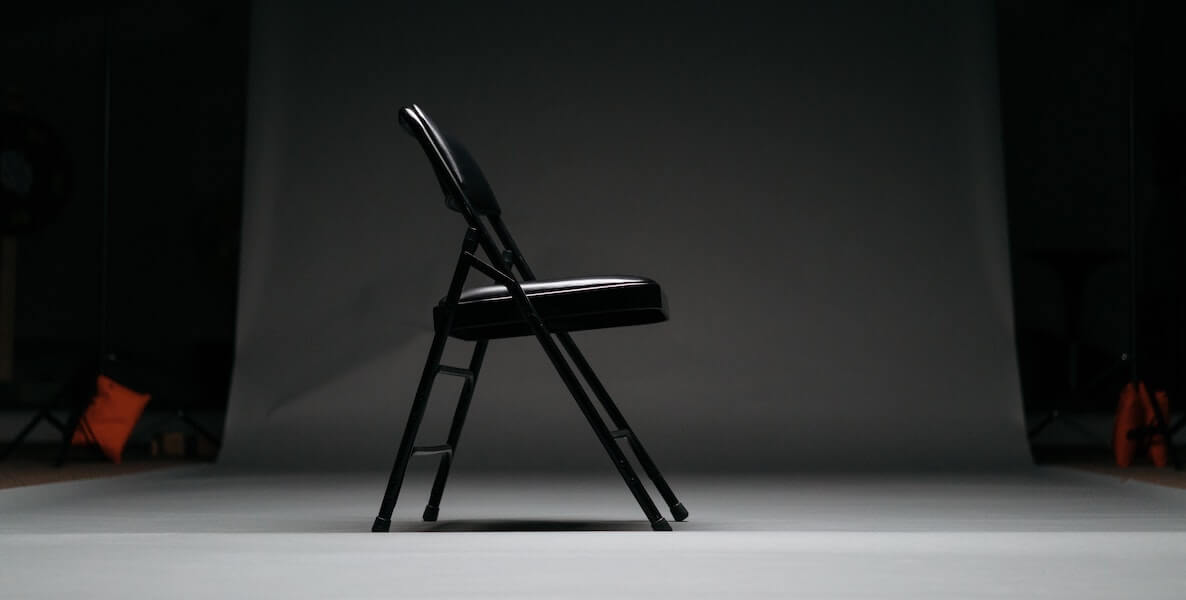Last week, Inquirer reporter Chris Brennan introduced Clout readers to the concept of a “Magic Seat” which — while it sounds kind of fun at first — turns out to be a euphemism for a process where people can get placed into elected positions by political party bosses without having to campaign or win any public support.
Magic seats happen when incumbent judges up for a retention vote withdraw from the general election ballot. Three Common Pleas judges—Robert Rebstock, Gary Glazer, and James Murray Lynn—and Municipal Court Judge Gerald Kosinski have filed to drop off the ballot.
Judge Mark Moore, now serving an appointment to Common Pleas Court that expires in January, “is a definite” for a magic seat to stay on the bench, party Chair Bob Brady said. Moore ran unsuccessfully for judge in this year’s primary with the party’s backing.
Brady said he hears another Common Pleas judge and a Municipal Court judge up for retention this year may also drop out by the Sept. 2 deadline. The party has until Sept. 13 to name replacement candidates and, because Democrats dominate in Philly, they’re unlikely to lose. Magic seats, sometimes called “golden tickets,” draw a lot of interest […]
All that comes with no need to campaign, no dialing for dollars from supporters, no doling out street money for ward leaders. Judicial candidates have been known to sink hundreds of thousands of dollars of their own money into races. How nice if you can skip all that.
For numerous reasons, electing judges is not a good way to produce political accountability for the court system. Judicial elections are lacking all the necessary ingredients that make normal elections for legislative and executive positions work decently well: an electorate that’s informed about what issues the candidates will make decisions about; the ability of candidates to promise specific outcomes they can be judged against in the future; and—more commonly in other parts of Pennsylvania—the ability for voters to use party label cues to figure out who they will generally align with politically.
But elections are the system that we have in place to select judges, and the fairest way for somebody to get into one of these seats under the circumstances is through an election. If merit selection of judges is on one side of the good-government spectrum as arguably the most desirable alternative to elections, selection by political party bosses is way over on the opposite side, and that’s what we get with Magic Seat-style appointments.
Brennan reports that Democratic Senator John Sabatina Jr. of Northeast Philadelphia could be one of the people in line for the Magic Seat, and it’s unclear who else may be in line to receive the Democratic Party’s nominations for a can’t-lose general election.
Elections are the system that we have in place to select judges, and the fairest way for somebody to get into one of these seats under the circumstances is through an election.
Policy-wise, this wouldn’t be a neutral move, as it would leave Philadelphia without any representation on the Pennsylvania Senate’s Transportation Committee heading into a critical year for state transit funding. On a positive note, it would also likely favorably resolve another transportation fight where Senator Sabatina has been singlehandedly holding up some protected bike lane legislation that some important Philly street and bridge repaving projects are waiting on.
One of the more important practical takeaways from this story is about who specifically chooses the candidates under odd circumstances like this, and how those people come to occupy those roles.
The answer is that it’s the ward leaders, and the elections for those positions are coming up next year in 2022, during the spring primary. Ward leaders will vote on who fills the Magic Seats, but who votes for the ward leaders?
It’s not the voters! Voters get a chance to weigh in on this only indirectly, by electing committee people in their precincts, known as voting divisions. Each division can elect two committee people from each party next spring. Each ward elects a few dozen committee people in all, and after the primary, each ward committee has a reorganization meeting where those committee people vote for a ward leader and a slate of officers. So regular people can only influence who their ward leader is by voting for committee people who are aligned with one ward leader candidate or another.
RELATED: Read our explainer on the ward system in Philadelphia
When it comes to candidate endorsements, in some “Open Wards” — wards where the elected committee people get a vote on things — the ward leader will defer to a majority vote by the committee people when casting a vote on things like the Magic Seat nominees. But in most wards, the ward leader alone will make the decision.
The number of Open Wards with democratic internal practices increased in the last cycle, thanks in part to Philly 3.0’s efforts in the 2018 ward elections, and we’ll be working to grow their ranks by even more in 2022.
For anyone interested in running for a committee person seat in 2022, or helping to support others’ campaigns, sign up here to get information and get involved.
In 2022 and 2023, these positions are going to be critical for deciding who wins primary endorsements for state and local offices. But they’re also critical for filling oddly-timed openings like with the Magic Seats, or any number of state Representative or City Council openings that may come up in your area over the next few years. If your ward is “open,” it could be you voting on these kinds of nominations.

Jon Geeting is the director of engagement at Philadelphia 3.0, a political action committee that supports efforts to reform and modernize City Hall. This is part of a series of articles running on both The Citizen and 3.0’s blog.

RELATED
Ideas We Should Steal: Political Committees run like Allegheny
https://thephiladelphiacitizen.org/how-to-run-for-local-office/
Header photo by Keagan Henman / Unsplash






